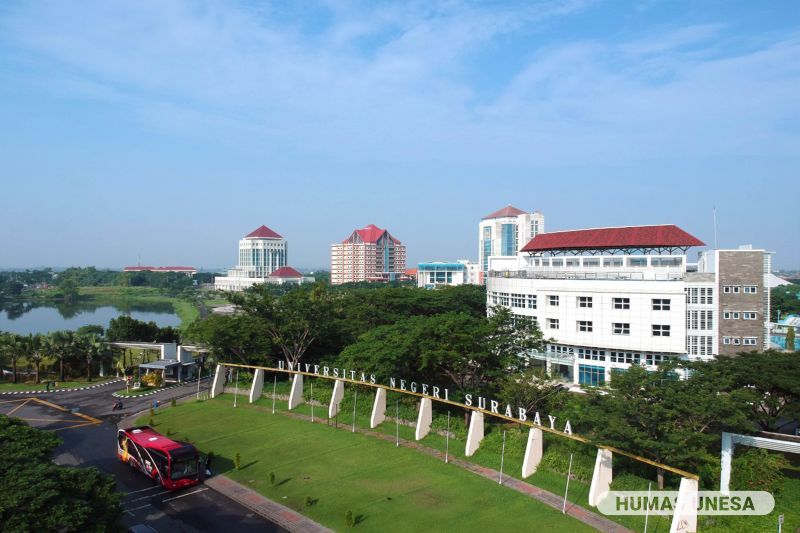
www.unesa.ac.id
Unesa.ac.id, SURABAYA-Covid-19, which is still endemic, has limited activities and activities, and face-to-face meetings are also limited. Educational institutions continue to innovate so that learning and learning activities during the pandemic remain effective and efficient. UNESA also brings many innovations, one of which is by implementing an educational technology called Simlab.
With Simlab, students can practice teaching (microteaching) remotely, even with more complete simulations. Simlab implementation at UNESA is in collaboration with Murdoch University Australia and has been implemented since early 2021 in several bilingual classes of the Elementary School Teacher Education Study Program (PGSD).
UNESA PGSD Lecturer, Neni Mariana, S.Pd., M.Sc., Ph.D said that through SIMLab students will be given simulations about various conditions at school, one of which is how to deal with five diverse student characters. It is hoped that students can practice the things that must be done when responding to the five characters described in the 5 student avatars. "This avatar can also respond to the teacher's words such as clapping and answering some questions," he said.
Furthermore, he said that the human in loop technology in Simlab helps students to develop teaching skills, communication, collaboration and all skills needed in the 21st century. In addition, critical skills, such as how to answer critical questions well and creativity to overcome boredom in children when listening to material.
Not only teaching how to respond to the diverse character of students, SIMLab also teaches students how to deal with school principals, school communities or the community and parents by providing scenarios for various conditions.
This scenario is also prepared by SIMLab operators who have knowledge in the field of pedagogy. This is different from the concept of microteaching which is usually only done in front of lecturers or fellow students, so that the responses given are less spontaneous. All these characters and scenarios are controlled by the operator on duty.
In education theory, he continued, the concept of student center is always explained, not teacher center. So that Simlab helps students not only learn about how to explain the material, but also learn to understand and cope with the diverse character of students.
In the future, in developing SIMLab technology, there will be an increase in the number of classes and faculties at Unesa that can implement this technology, writing papers for joint research publications, dissemination to Unesa partner campuses, cooperation at the ASEAN level and obtaining licenses so that Indonesian language can be used in its use. . (UNESA PR)
Share It On:






